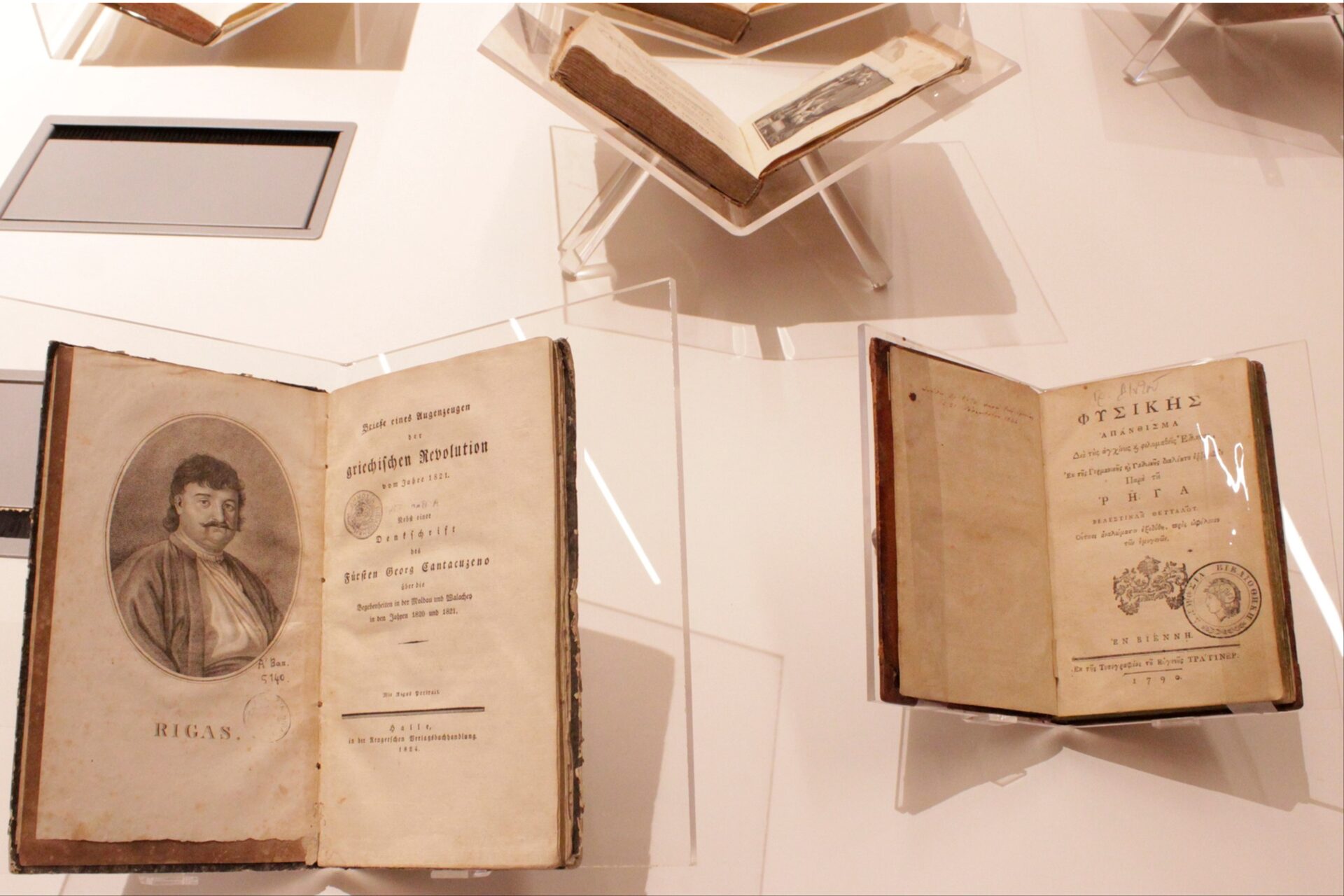Erasmus+ Project: The Future of Cultural Heritage in Modern Europe
The National Library οf Greece was a partner in the European Erasmus + project “Τhe future of Cultural Heritage in Modern Europe”.
About the project
The project aimed at developing innovative scientific and pedagogical methods in the field of European cultural heritage. Ιts focus was on literary sources of cultural heritage, i.e. manuscripts and rare books, that are explored in collaboration with other prestigious libraries, i.e. the Berlin State Library, the Latvian National Library, the Jagiellonian Library, the Biblioteca Universitaria di Bologna, as well as the Bibliothèque de Bordeaux.
Coordinated by the University of Potsdam in Germany, with the participation of seven more European universities and other cultural institutions, the project has produced intellectual outputs of outstanding value for the international scientific community and has inspired future innovative research on the field of European cultural heritage across national and institutional boundaries.
In the framework of the project, the National Library of Greece:
- organised the exhibition entitled “The impact of the European Enlightenment on the formation of the modern Greek State”, where works by famous thinkers of the European Enlightenment were exhibited together with their Greek translations by significant representatives of the Neohellenic Enlightenment for the first time to the public. The exhibition took place from 29.12.21 to 27.02.22 concurrently and in the same space with NLG´s exhibition “The Printing Houses of the Greek Revolution” and attracted 8.231 visitors.
- created a digital version of the exhibition in the Greek and English language, available to visitors from all across the globe on its new Digital Exhibitions website.
- set up internship placements for students across Europe, that after the completion of the project will still be valid upon application and approval from the relevant departments of the NLG.
- coorganised at its premises a workshop day along with the Department of German Language and Literature of the Faculty of Philosophy of the University of Athens. About 70 professors and students from European cultural institutions attended the workshops.
Τhe project was financed by the European Union’s Erasmus+ programme and was completed by 31.12.2022.







